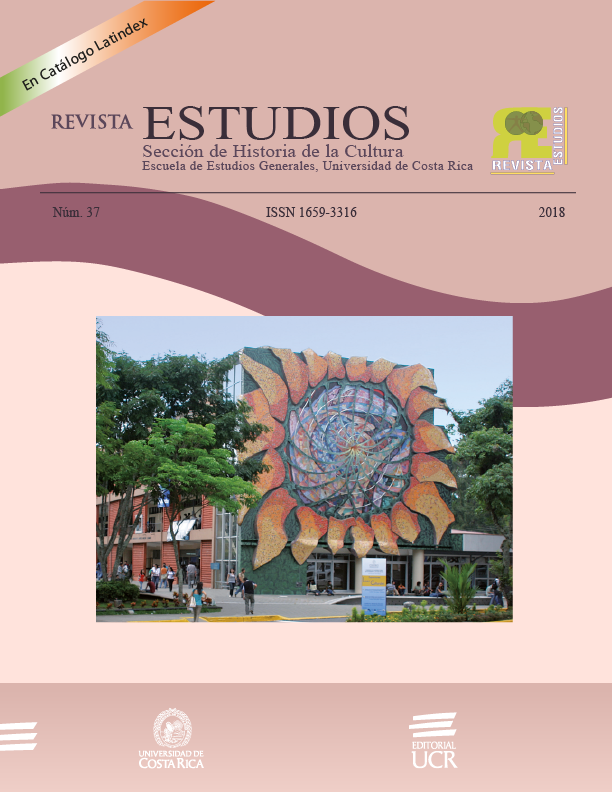Abstract
Every country faces social and economic challenges. Nevertheless, administrators must look for different solutions to solve problems. In the novel, El coronel no tiene quien le escriba, the Colombian writer, Gabriel García Márquez, with great dexterity highlights the challenges of human development. The novel is his contribution to Colombia, the Latin American region and beyond as he demands changes to the everyday life of the people. This article is going to comment on the social and economic problems that impede productivity and progress in the novel.
References
Bressler, Charles E. (2003). Literary Criticism: An Introduction to Theory and Practice. New Jersey: Pearson Education Inc.
García Márquez, Gabriel. (1958). El coronel no tiene quien le escriba. Bogotá: Oveja Negra.
Rivkin, Julie y Michael Ryan. (1998). Literary Theory. Massachusetts: Blackwell Publishers Inc.
Sen, Amartya. (2000). Desarrollo y Libertad. Barcelona: Editorial Planeta.
Spicker, Paul, Sonia Álvarez Leguizamón y David Gordon. (2009). Pobreza: Un glosario internacional. Buenos Aires: CLACSO.
Terao, Ryukichi. (enero-junio 2003). El coronel no tiene quien le escriba: la simbolización y el vivir de una realidad violenta. Estudios de Literatura Colombiana, Núm. 12, 71-86.
Thatcher Gies, David. (1989). El coronel no tiene quien le escriba de Gabriel García Márquez. Performance Guides to Spanish Texts. Virginia University: Charlottesville.
Valencia Galvis, Luz S. (2016). La Visión del Colombiano en La hojarasca, El coronel no tiene quien le escriba y Crónica de una muerte anunciada, de García Márquez. University of Nebraska- Lincoln: Nebraska. 117 páginas.


